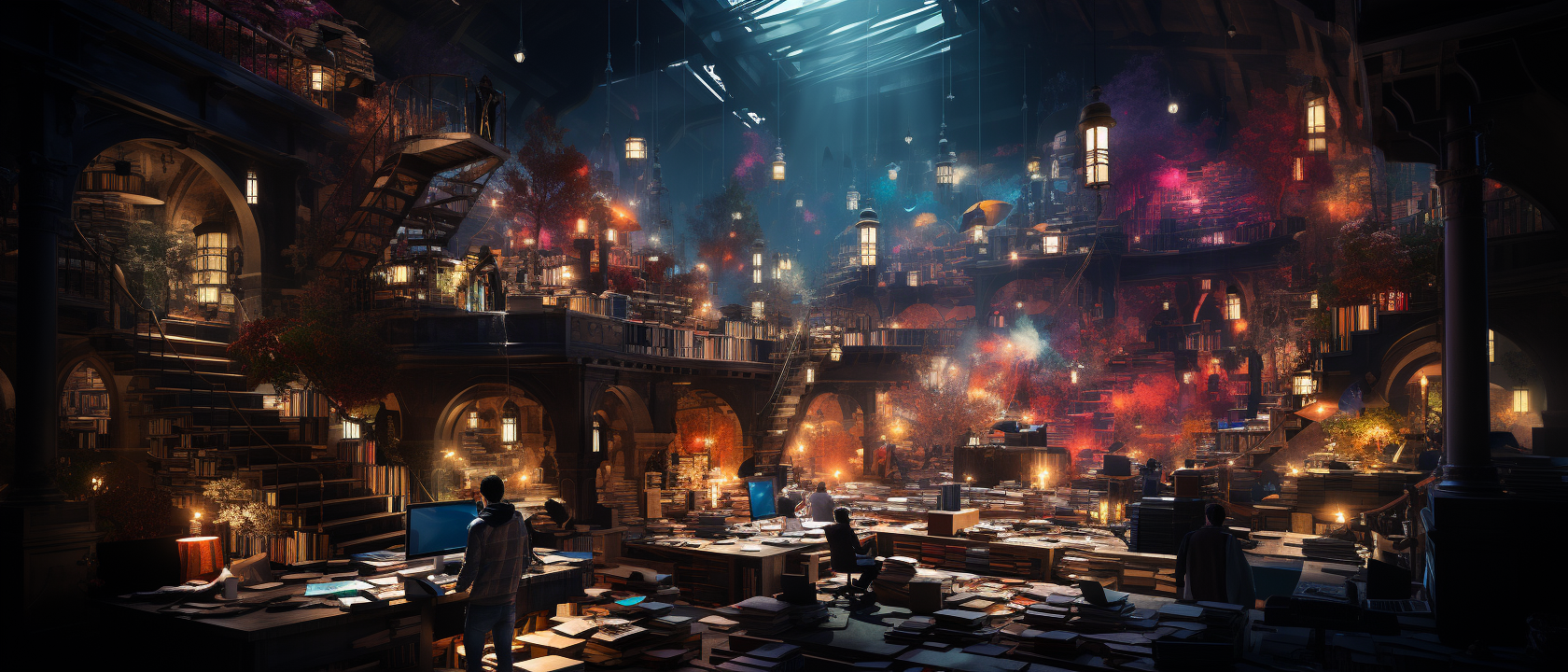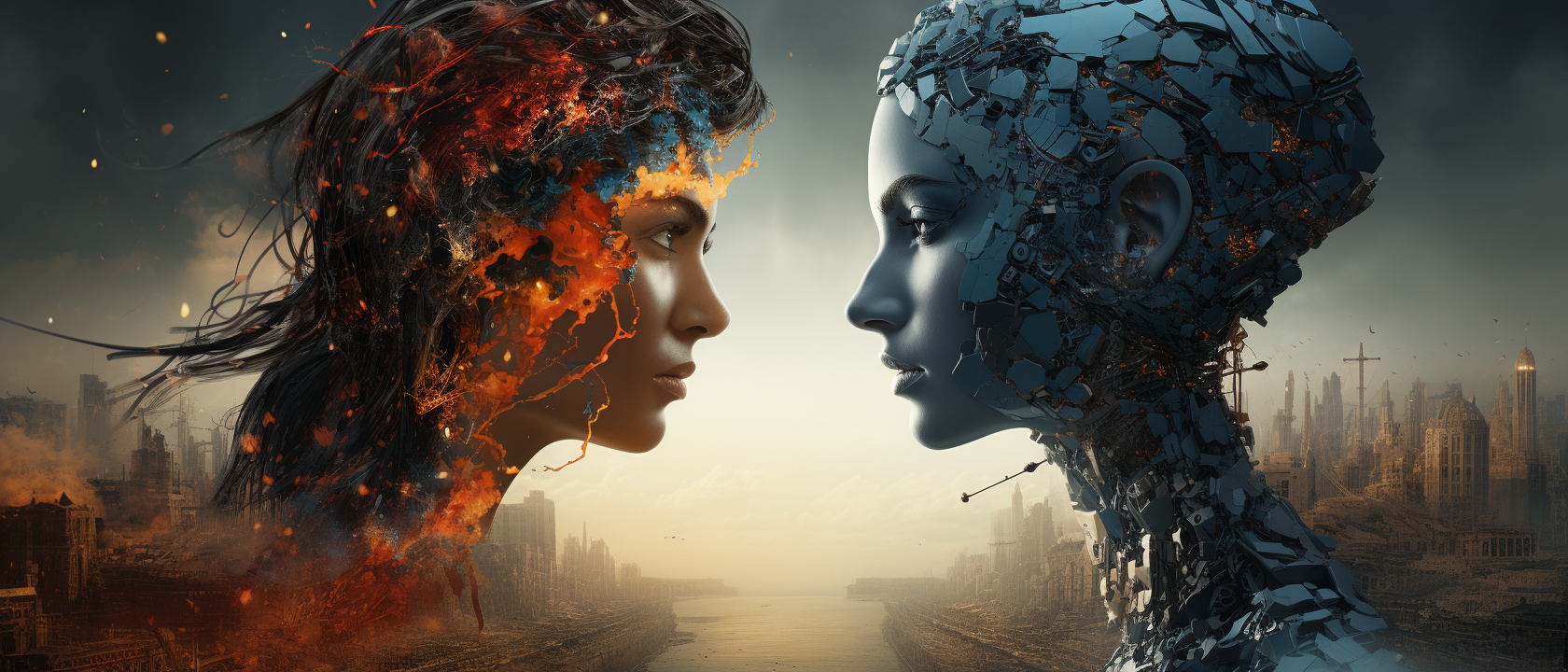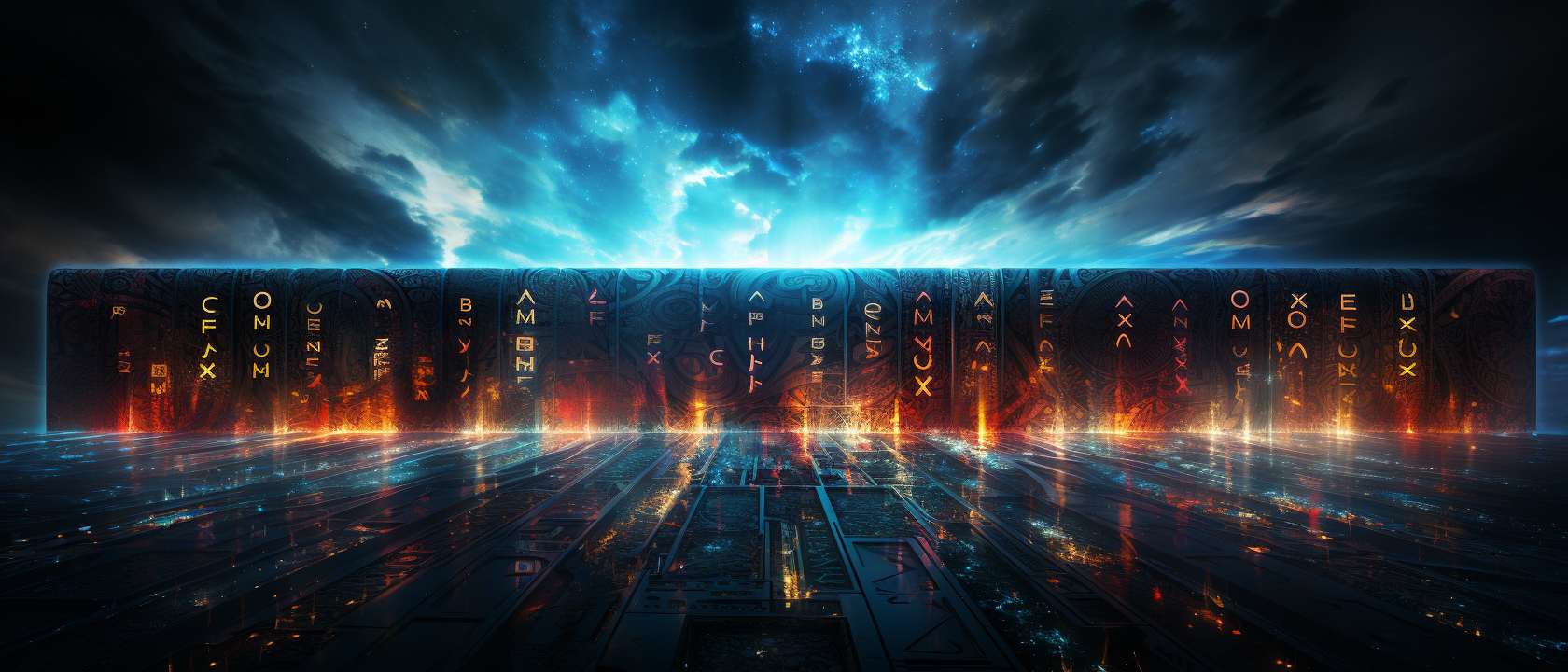Learning from Failure

We need to encourage a culture of failure around AI so that when it fails we can understand why and disseminate those learnings throughout the industry. It is only when we can fail without fear that we will learn to do what it takes to build safe AI systems.









